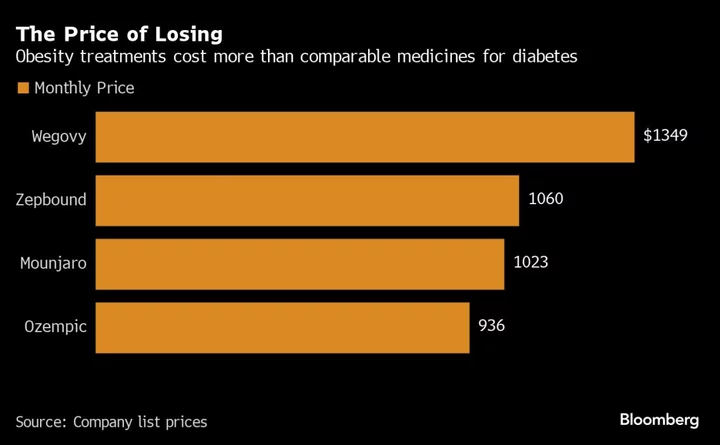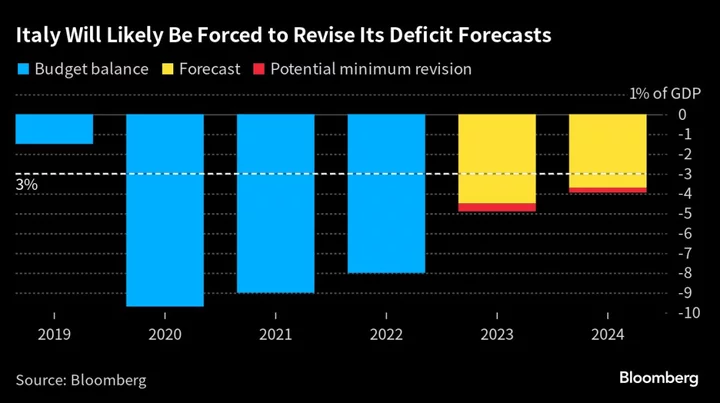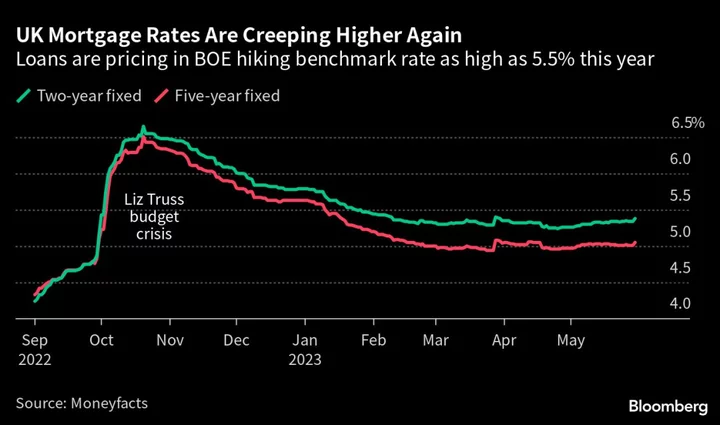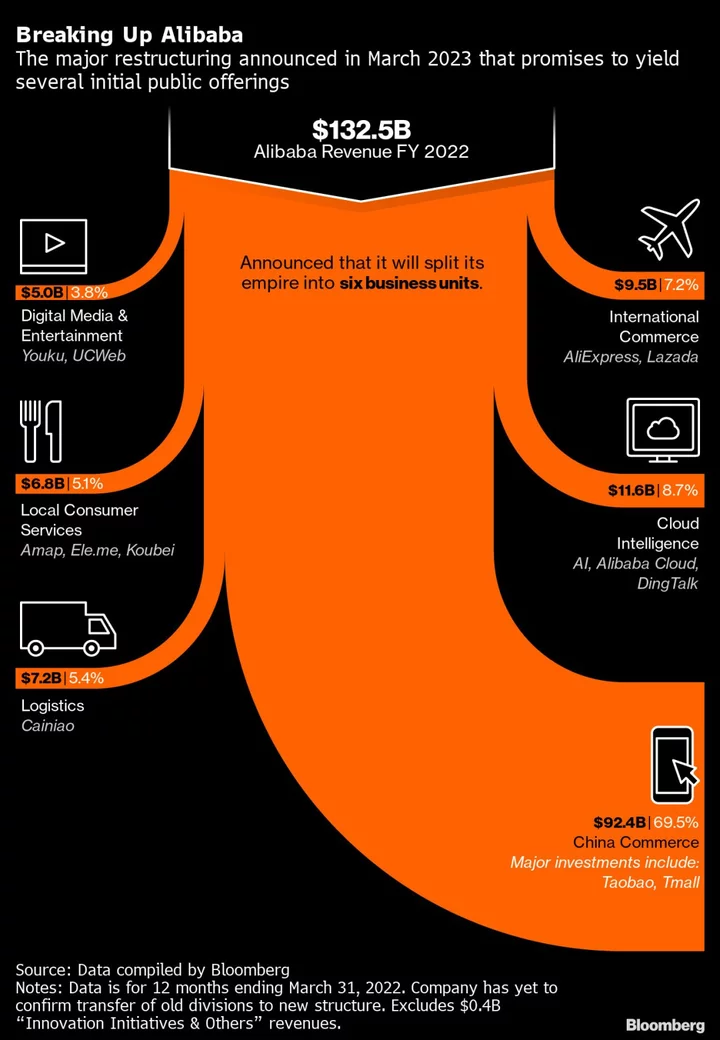Novo Nordisk A/S gained another $14.5 billion of market value after a key study backed the use of Wegovy, its blockbuster weight-loss drug, to cut heart attacks and deaths in people with obesity and a history of cardiac disease.
The stock rose as much as 4.3% in Copenhagen after people taking the highest dose of Wegovy in the study saw a drop in blood sugar and inflammation, two harbingers of heart disease, alongside weight loss. That brought the shares’ gain to about 52% this year, extending Novo’s run as Europe’s most valuable company with a total market capitalization of more than $490 billion.
Research is revealing a new frontier for drugs that are often thought of as an easy way to shed pounds; they’re potentially life-saving, too.
The results unveiled Saturday help cement the argument for using Novo’s drug as a heart treatment alongside statins and blood pressure therapies in high-risk people.
They “lay the groundwork for the coming paradigm shift of metabolic treatment,” Chris Schott, an analyst at JPMorgan Securities LLC, wrote in a note. Doctors now have an “opportunity to treat the underlying cause of most heart disease, rather than the associated symptoms.”
Beyond Appearance
Heart disease is the No. 1 killer in the world, accounting for about a third of deaths. Novo plans to apply for approval for the drug to be used to reduce the risk of major cardiovascular events in overweight adults with established heart disease.
Doctors at the American Heart Association’s annual conference in Philadelphia erupted into several rounds of applause when the data were presented.
“Increasingly, physicians are understanding that this is not just about weight and appearance,” Lars Fruergaard Jorgensen, Novo’s chief executive officer, said in an interview on Friday. “It’s about real health benefits.”
Read More: All About the New Obesity Drugs Causing a Big Stir
Weight-loss drugs such as Wegovy have become a phenomenon this year. Celebrities are touting the benefits, while investors handicap how much they will disrupt a wide swath of sectors that includes apparel companies, restaurants and packaged food producers. Novo is already struggling to keep up with demand. And competition is increasing with Eli Lilly & Co. just receiving approval for its weight-loss drug, Zepbound.
The implications are a “sea change,” Evan David Seigerman, an analyst at BMO Capital Markets, wrote in a note titled “Should it be in the water?”
Novo shares on Monday rose as high as 721 kroner in Copenhagen trading, adding as much as 101 billion kroner ($14.5 billion) to the company’s market value.
Some Questions
But not everyone was as impressed with the Novo study results, especially considering the heightened expectations for the trial. Some analysts asked for more data to justify the drugs’ steep cost.
“We believe today’s results are far from definitive to support broader coverage from payers,” said Robbie Marcus, a medical technology analyst at JPMorgan.
Preventing a single heart attack, stroke or cardiovascular death would require treating 67 people with Wegovy and cost around $1.5 million, according to an analysis by Bloomberg Intelligence. The drug’s potential impact on other factors such as the risk of hospitalizations or developing diabetes might improve that cost-benefit calculation, BI analyst Michael Shah said.
More work is also needed to clarify benefits for people who are obese but not at high heart risk, according to Eric Topol, the founder of the Scripps Research Translational Institute.
“The biggest concern is that these companies appear to be promoting a lifelong durance of therapy, as evident by their zero attention to getting people off the drugs,” Topol wrote in a blog. “Major pressure is needed to get all companies making this class of drugs to test and validate durable and safe exit strategies.”
--With assistance from Kanoko Matsuyama and Madison Muller.
(Updates with market capitalization in second paragraph)









